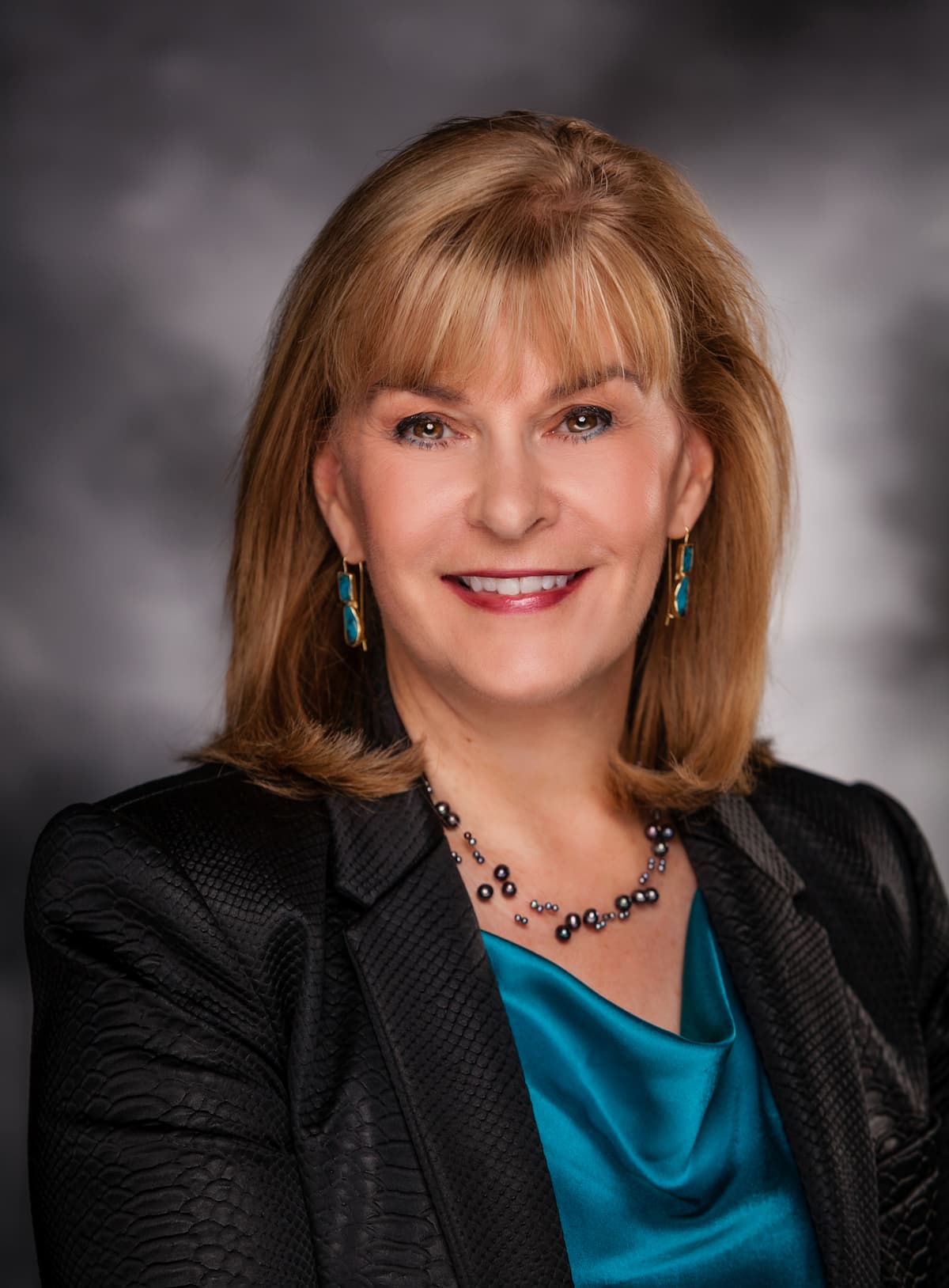
- ONCOLOGY Vol 35, Issue 9
Addressing Stress and Burnout in Hematology/Oncology Physicians

ONCOLOGY® co–editor-in-chief, Julie Vose, discusses how the COVID-19 pandemic has caused physician burnout and what may be done to prevent it.
Even prior to the COVID-19 pandemic, hematology/oncology physicians who specialize in the care of patients with cancer reported high levels of symptoms consistent with burnout, including frustration (78%), emotional exhaustion (69%), and work dissatisfaction (50%).1 The difficulties associated with COVID-19 in oncology are significant as patients are often older, immunocompromised, and have other co-morbidities that put them at increased risk for infection and death. Practice changes during the pandemic have included treatment delays and modifications, clinical trial suspensions or delays, isolation of patients without family support, and increased use of telehealth care. Unfortunately, all of these issues have led to an increase in pandemic-related stress, which may compromise clinician wellness.
In addition to patient-related issues, personal issues such as financial concerns about compensation, personal concerns about COVID-19 infection in the physician or family, and impact on professional life are present. As hematologists/oncologists, we need to be aware of the effect of these issues on not only our professional, but also our personal lives. What can institutions, professional societies, or individual physicians do to help mitigate these difficulties? Studies have demonstrated that specific institutional interventions were associated with a reduction in physician burnout, such as providing time and/or a meal so that physicians can interact with colleagues in a structured format to explore challenges and discuss improvements.2 Optimization of organizational resiliency programs to share common elements and strategies, including a shared mission, can be helpful. A mutual collaboration between leadership and physicians designed to improve well-being through education, training, research, and peer support forms a good foundation. In addition, promoting flexibility, fostering resiliency, and encouraging good work/life balance are other key components of successful intervention.
Physicians often work extended hours adding up to 60 or more hours of work per week. However, physicians also need to take control by facing burnout and promoting wellness as a personal and shared responsibility. On a personal level, taking a few lessons from what we tell our patients—including eating a healthy diet, getting adequate sleep, exercising regularly, and practicing mindfulness—remain important. The pandemic has been very isolating for many groups, including physicians who have fewer in-person meetings, no in-person professional educational meetings, and decreased social interactions with colleagues. Teamwork and helping our colleagues when illness or personal issues occur can improve the “work family” concept of support. As oncologists, we must be receptive to burnout interventions and adapt to new situations at a moment’s notice while still delivering optimal cancer care.
References
- Allegra CJ, Hall R, Yothers G. Prevalence of burnout in the US oncology community: results of a 2003 survey. J Oncol Practice. 2005;1(4):140-147. doi:10.1200/JOP.2005.1.4.140
- West CP, Dyrbye LN, Satele D, et al. A randomized controlled trial evaluating the effect of COMPASS (COlleagues Meeting to Promote and Sustain Satisfaction) small group sessions on physician well-being, meaning, and job satisfaction. J Gen Intern Med. 2015;30:589.
Articles in this issue
Newsletter
Stay up to date on recent advances in the multidisciplinary approach to cancer.




































